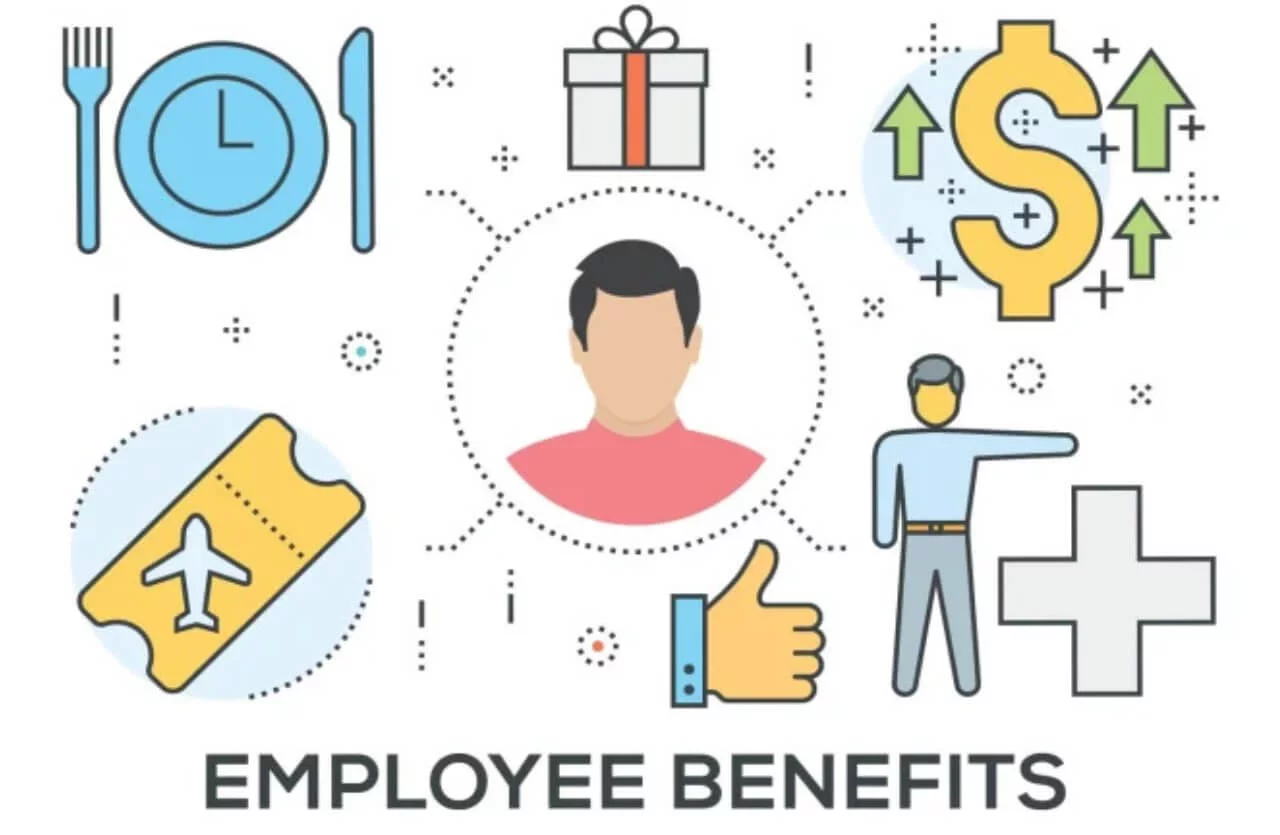Employee Benefits Tax Deductible

Contents
Providing your employers with certain benefits come with costs but there is no doubt that it boosts the productivity of the workplace with enhanced motivation. Offering your employees are also cost-effective because most are tax-deductible.
Although the employee benefits can be anything from providing certain coverage to bonuses to 401(k) contributions, not all employee benefits are qualified. As an employer, you can only claim a deduction for the following employee benefits on your tax return.
- Bonuses and Awards
- Cafeteria Plans
- Life Insurance Coverage
- Affordable Care Act Health Insurance Plans
- Gifts
- Child and Dependent Care Assistance
- Education Assistance
Even if you provide any of the benefits above, the expenses of the employee benefits must be qualified by the IRS. Here are the details of the tax deduction for each of the benefits we listed.
Gifts, Bonuses, and Awards
The IRS doesn’t have a limit when it comes to gifts, bonuses and awards given to employees. However, the gifts must qualify as de minimis. Keep in mind that gifts that can be converted to cash or cash equivalent are excluded. Therefore, any award or a birthday gift you hand to your employer must be a tangible personal property so you can deduct the expense.
Cafeteria Plans
Cafeteria plans are also known as the Section 125 Plans. Under this type of plan, employees pay for benefits by a payroll deduction. But the cost taken from the employee’s pay isn’t taxable so employees keep more of their earnings. As far as the deduction part for the employer goes, these plans mean a lower employee pay which eventually lowers the amount of FICA tax payments for both you and the employee.
Life Insurance and Health Plans
Usually, employers get to deduct what they pay for their employee’s Affordable Care Act plans. The IRS has some qualifications for this though. These qualifications are going to be drastically different depending on your tax return and type of business you operate. Therefore, it is best to check in with the IRS so you know the life insurance and Affordable Care Act plans you set up for your employees are tax-deductible.
Also, you can opt to hire a financial adviser or a tax expert to set these up so you know you will benefit from the deduction. This also includes the child and dependent care assistance.
Claiming Employee Benefits Deduction
Once you know the deductions you can claim, depending on your tax classification, use the forms below.
Single-member LLCs and Sole Proprietors: Schedule C Expenses
Multiple-member LLCs and Partnerships: Form 1065 Deductions
Corporations: Form 1120 Deductions





